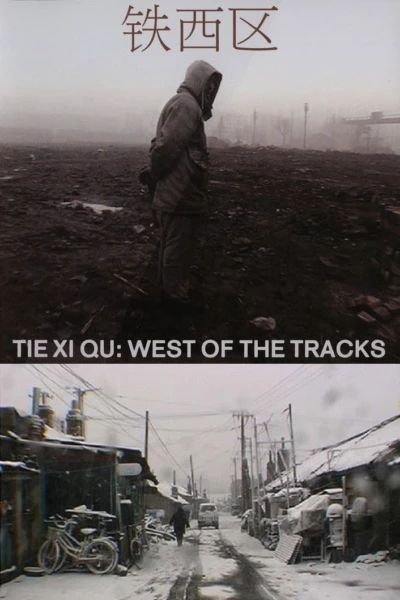Waiting for Happiness (2002)
May 19, 2002Release Date
Waiting for Happiness (2002)
May 19, 2002Release Date

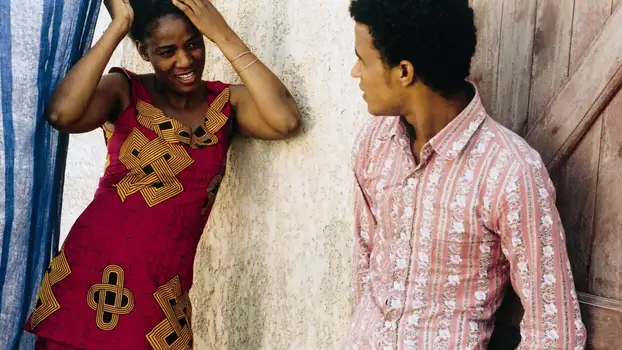
Plot.
Where to Watch.
Cast & Crew.

Khatra Ould Abder Kader
Khatra

Maata Ould Mohamed Abeid
Maata

Mohamed Mahmoud Ould
Abdallah

Nana Diakité
Nana

Fatimetou Mint Ahmeda
Soukeyna, the mother

Makanfing Dabo
Makan

Santha Leng
Tchu

Baba Ould Mini
Sidi

Mickaël Onoimweniku
Mickaël

Diallo Ibrahima Sory
Diallo

Cheick Oumar Tembely
Omar

Jerib Ould Jiddou
Le chaffeur de taxi

Mohamed Salem Ould Dendou
Le docteur

Mohamed Lemine
Le réparateur électricien

Aminala Tembely
La petite fille aux tresses

Abderrahmane Sissako
Director / Writer
Media.

Details.
Release DateMay 19, 2002
Original NameHeremakono
StatusReleased
Running Time1h 31m
Box Office$7,406
Genres
Last updated:
This Movie Is About.
Wiki.
Waiting for Happiness (original title: Heremakono; Arabic: في انتظار السعادة, romanized: fīl-intiẓār as-saʿāda) is a 2002 Mauritanian drama film written and directed by Abderrahmane Sissako. Main characters are a student, who has returned to his home in Nouadhibou, an electrician and his child apprentice, and the local women. The film is characterized by a succession of scenes of the daily life of the characters which are unique to their particular African and Arab cultures, while borrowing from tropes of Tayeb Saleh's Season of Migration to the North (موسم الهجرة إلى الشمال). The viewer must interpret the scenes without much help from narrator or plot, while the structure of the film hangs on a series of mundane but visually arresting moments, many of which are repeated in other works in Abderrahmane Sissako's opus, including scenes at a barber shop and a photo booth, also present in his earlier La Vie Sur Terre and later Timbuktu. The film presents typical Mauritanian moments of beauty, struggle, alienation, and humor, which are experienced by groups socially divided from each other, such as Bidhan women drinking tea and gossiping, West African migrants passing through Mauritania to get to Europe (and finding an unsuccessful comrade washed ashore). The young protagonist who has returned interacts with all of these groups as an outsider, as he struggles to remember even his own Hassaniya Arabic dialect, but prefers instead French. Many of the themes and characters presage Sissako's 2014 film Timbuktu, and both explore liminal Sahel identities authentically situated in everyday life. Waiting for Happiness premiered at the 2002 Cannes Film Festival in the Un Certain Regard section. Sissako dedicated the film to his mother, who died on its last day of filming.: 196
You May Also Like.

The Godfather (1972)

Interstellar (2014)

Blade Runner 2049 (2017)

The Conjuring (2013)

The Shawshank Redemption (1994)

The Wolf of Wall Street (2013)

Captain Marvel (2019)
Avatar (2009)
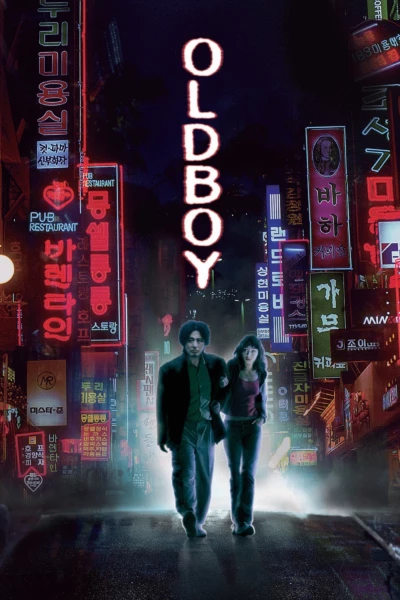
Oldboy (2003)

Mad Max: Fury Road (2015)

Knives Out (2019)

Extraction (2020)

Midsommar (2019)

American Psycho (2000)

Passengers (2016)
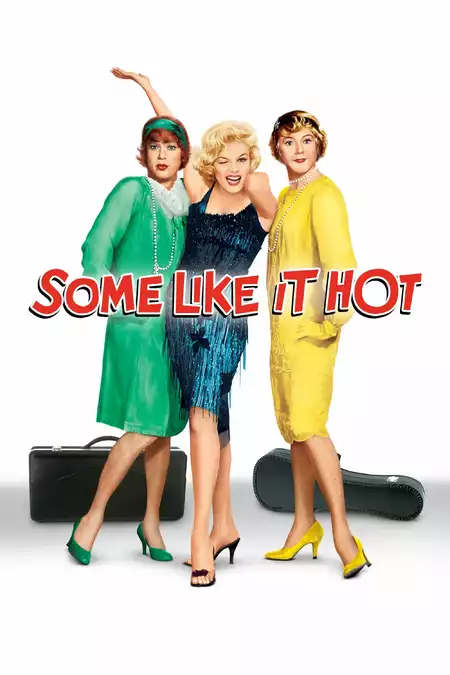
Some Like It Hot (1959)

Scary Stories to Tell in the Dark (2019)
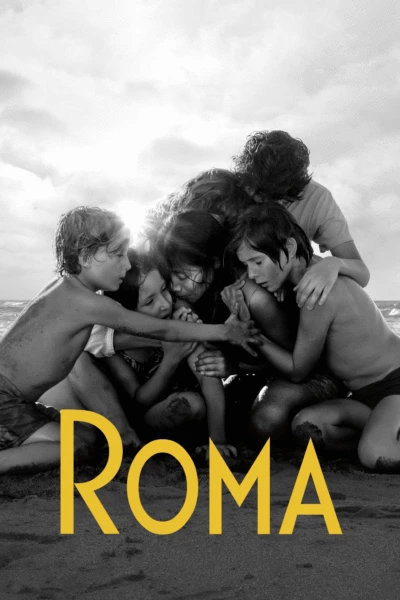
Roma (2018)

A Trip to the Moon (1902)
